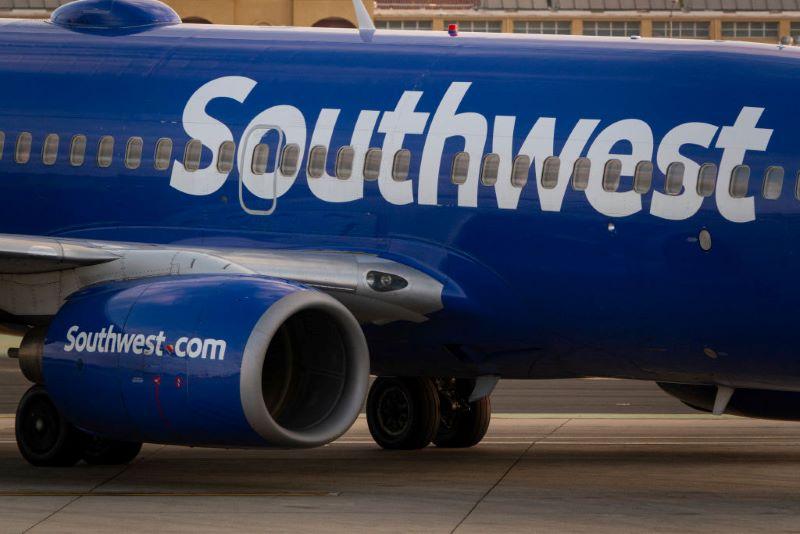Daily Memo: Elliott, Southwest Each Want Their Way—Without A Fight

Credit: Kevin Carter/Getty Images
September is set to be a significant month for Southwest Airlines. More details around the brand’s “new era” are expected during a Sept. 26 Investors Day, including the timing and revenue potential of changes that include a segmented cabin and assigned seats. But first it will face its next meeting...
Subscription Required
Daily Memo: Elliott, Southwest Each Want Their Way—Without A Fight is published in Aviation Daily, an Aviation Week Intelligence Network (AWIN) Market Briefing and is included with your AWIN membership.
Already a member of AWIN or subscribe to Aviation Daily through your company? Login with your existing email and password
Not a member? Learn how to access the market intelligence and data you need to stay abreast of what's happening in the air transport community.





